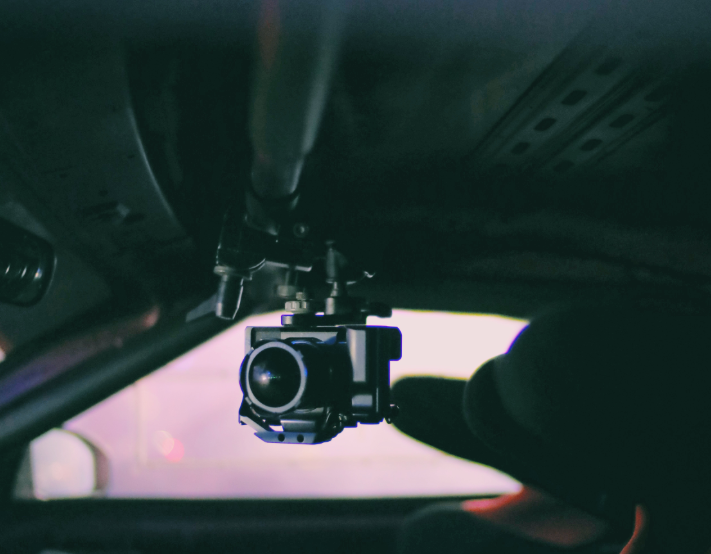- Home
- Firm overview
- Personal injury
- Mass torts
- Testimonials
- Articles
- Blog
- Contact
Menu
Alabama Dash Cam Laws

Alabama Dash Cam Laws
- Salter Ferguson, LLC
- Car Accidents

Thanks to modern technology, cameras are everywhere. Cameras are small and adaptable enough to accommodate almost any need – including recording footage of the road from a dashboard or motorcycle helmet. Dashboard cameras, or dash cams, are popular among drivers as a way to prove fault for car accidents and record other events. Dash cams can capture important footage that could serve as evidence later if an accident or crime occurs. Before you invest in a dash cam, however, find out what the law has to say about them in Alabama.
Are Dash Cameras Legal In Alabama?
It is not legal to have a camera affixed to one’s windshield in Alabama. State law prohibits the use of anything on the windshield that could obstruct the driver’s vision. According to Alabama Code section 32-5-215, no sign or material upon the front windshield or windows of a vehicle may obstruct the driver’s clear view of the highway. A driver may not mount a dash cam, GPS or smartphone device on the windshield. If the camera sits on the dashboard and does not obstruct the driver’s view, however, the law may permit it. A motorcyclist recording footage from his or her helmet, for example, would not break Alabama’s windshield obstruction law.
Dashboard cameras may also infringe upon privacy laws in Alabama. According to state law, it is illegal to record video footage or eavesdrop while trespassing in a private place. A dash cam could break this law if the driver is using it to secretly record the activities of another person on private property. Recording footage in public places, however, is legal. If a dash cam has audio, anyone within the vehicle whose voice the camera is recording must give his or her consent to the taping of the private conversation.
Can Police Take Your Dash Cam?
If you get into a car accident or the police conduct a traffic stop and you have a dashboard camera, the police officer may request the footage later. Law enforcement officers have the right to subpoena dash cam footage as evidence if they believe the footage recorded a crime. You must submit to the subpoena and forfeit your dashboard camera’s footage to the police. If the officer does not have a valid reason to request the footage, however, a judge may not sign off on the order.
During a car accident case or criminal trial, you must also surrender your dash cam footage if one of the parties involved subpoenas it as evidence. It is a crime to destroy dash cam footage if you have received an order to preserve or submit the footage. Resisting a court order could result in fines and/or jail time. If the police are simply issuing you a ticket for placing your dash cam in the wrong place, however, they generally cannot take your dash cam.
Can Dash Cam Footage Be Used In Court?
Most courts in Alabama will rule dash cam footage admissible as evidence during a criminal or civil case. Dashboard camera footage can serve as irrefutable evidence of fault in a car accident, pedestrian collision and/or police traffic stop. Police officers and insurance companies may use dash cam footage as evidence during a court case. Surveillance footage could prove fault or negligence, show how an accident occurred, stop an insurance scam, or create a record of personal injuries and property damages.
Installing a dash cam may take time and money, but if you get into an accident, the investment could be worthwhile. Having dash cam footage that supports your case could make a big difference to its outcome. Your lawyer may be able to use the recording in your favor, defending your side of the case or proving someone else’s fault. Just make sure to install the dash cam in a place that does not break Alabama’s windshield obstruction law. Salter Ferguson, LLC can answer any question you may have. Contact us today.